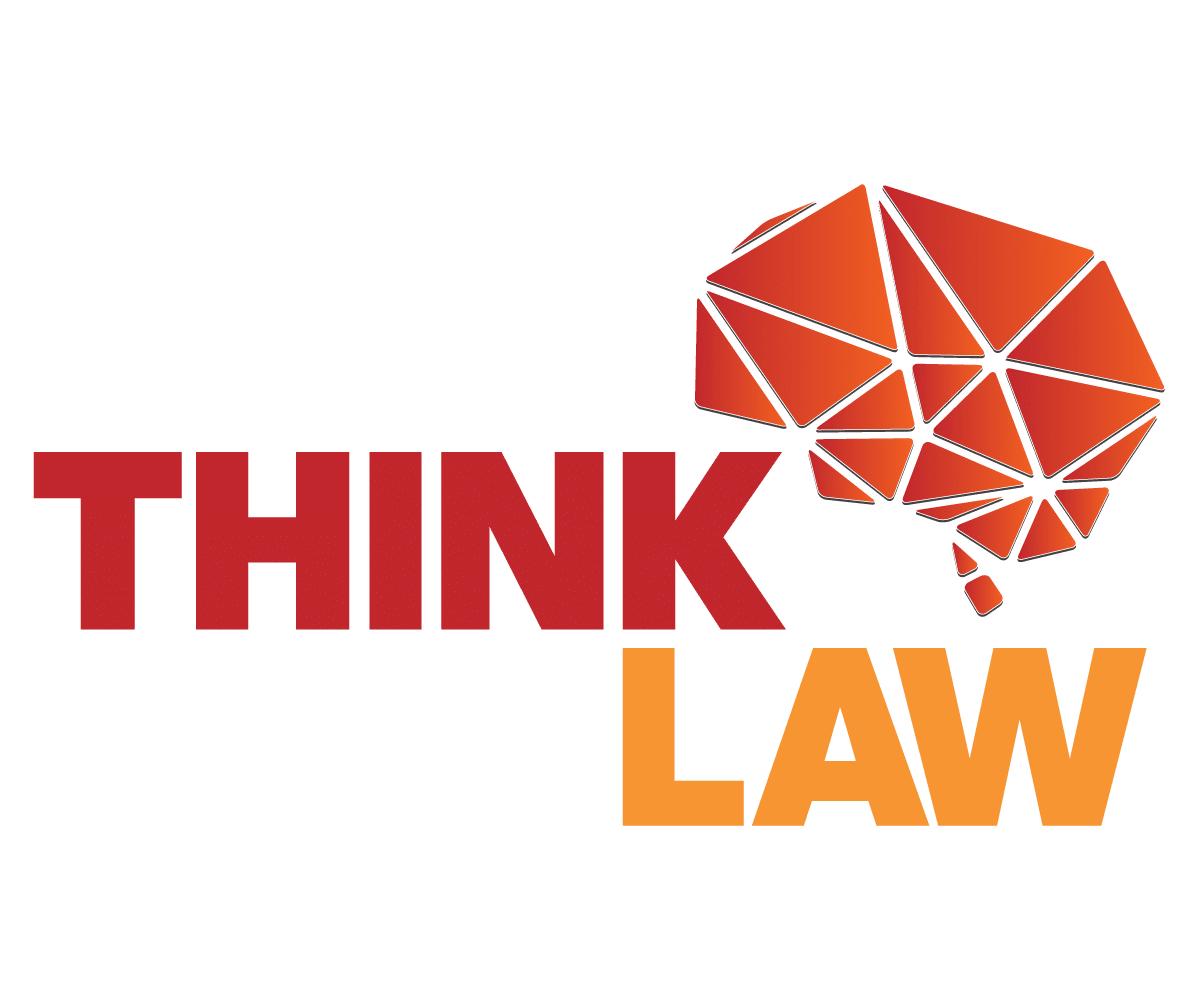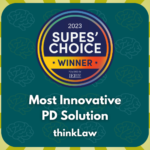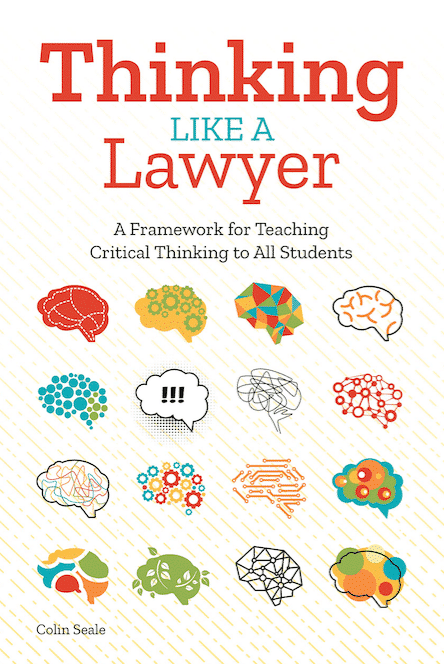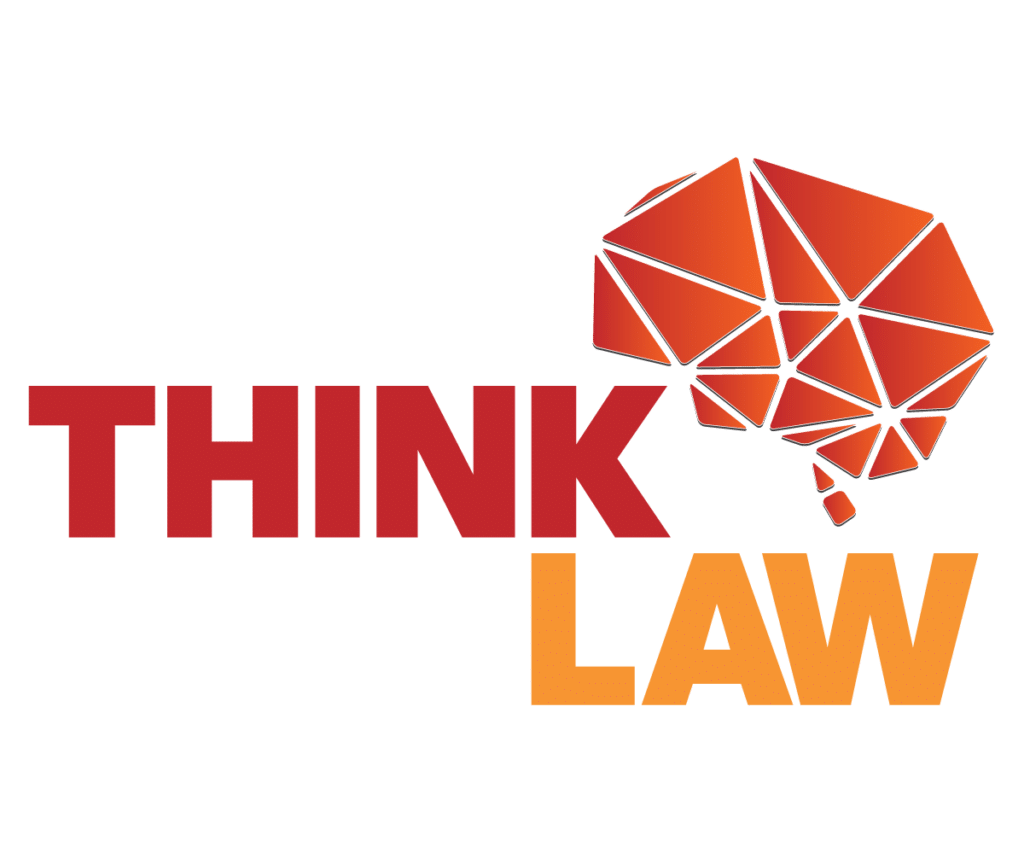Thanks to a remix of a 2010 clip from gospel legend Shirley Caesar (https://www.youtube.com/watch?v=I9yznF92EZI) right in time for Thanksgiving, we are excited to share #thinkLaw’s own version of the #UNameItChallenge. These activities will give you all the #Beans #Greens #Potatoes #Tomatoes you need (leaving the #Lamb #Ram #Hogs #Dogs #Chicken and #Rabbit for another day), while giving your students some engaging and rigorous food for thought just before the holiday. Use these as Do Nows, writing/discussion prompts, or any other way you’d like. #UNameIt!
#Beans
Bowman v. Monsanto Co., 133 S. Ct. 1761 (2013)
Monsanto created a special type of genetically modified soybean seed that was resistant to weed killers. Monsanto held the patent to this seed, meaning that Monsanto was the only company or individual allowed to make, use, or sell it without permission. This helped farmers because they could spray weed killers without ruining their crops. But Monsanto limited farmers’ use of these seeds with a special rule preventing the farmers from using the seeds for more than one season or saving any seeds produced by the crop for replanting.
Mr. Bowman had already planted his first soybean crop of the year, and planting a second crop would be risky for him. So instead of spending a lot of money on the Monsanto seeds, Mr. Bowman went to a store to buy soybeans he knew came from the Monsanto seeds. He then used the seeds from these soybeans to grow his second set of crops, and he continued to use seeds from his soybean crops year after year. These seeds created crops with the same resistance to weed killers as the Monsanto seeds.
Monsanto found out about Mr. Bowman’s actions and sued him.
1) What is are the top 3 arguments for both Monsanto’s and Mr. Bowman’s side of the case?
2) What would the world look like if all farmers were able to do what Mr. Bowman did? What would the world look like if farmers were not allowed to use seeds from their own crops? Which of these two worlds would you prefer to live in?
3) Research the patent exhaustion doctrine. Should that apply in this case? Why or why not?
#Greens
Montgomery v. Florida Jitney Jungle Stores, Inc., 281 So. 2d 302 (Fla. 1973)
Dorothy slipped and fell on a collard leaf green inside of a grocery store and was seriously hurt. Even though there was no direct evidence about how the collard leaf green got there, or how long it had been there, Dorothy and her husband were shopping close to the area of her fall for fifteen minutes before the accident occurred. Also, they did not see any shoppers in the area at that time and did not see anyone sweeping the floor. There were two store employees nearby. Lastly, Dorothy’s husband said that the collard leaf green was “old, wilted, and dirty looking” and saw water on the floor close to where the plaintiff fell. Dorothy sued the store.
1) If you were Dorothy’s attorney, what 3 pieces of evidence would be most helpful for your case? Why or why not?
2) If you were the grocery store’s attorney, how can you use these same 3 pieces of evidence to help your case?’
3) Should a grocery store always responsible if someone slips and falls? What if they clean every aisle of the store every 5 minutes to make sure there are no spills or items on the floor? Should that make a difference? Why or why not?
#Potatoes
Herr’s Potato Chips Deceptive Packaging Lawsuit
Kedney and Dreu are suing Herr’s potato chips because they believe Herr’s is tricking them into believing they are receiving more chips than they actually are. Because these chips are packaged in bags you cannot see through, there is no way to know that in a 3.5 oz. bag of chips that is 9.75 inches tall, only 4.5 inches of chips are in the bag, leaving 54% of the bag empty. Herr’s argues that leaving space in the bag prevents the chips from breaking, but one of Herr’s competitor potato chip companies only leave 33% of the bag empty. Kedney and Dreu claim that if they knew how few chips were in the bag, they would not have bought them.
1) What was the first emotion you felt when you read this case? Why do you think you felt this way?
2) This case is part of a class action lawsuit. These type of lawsuit allow a lot of people to come together to sue a company. Why do you think Kedney and Dreu’s attorney are bringing this case as a class action?
3) What are 3 questions you can ask or experiments you can design that can help explain why Herr’s might be keeping so much empty space in their potato chip bags?
#Tomatoes
Nix v. Hedden, 149 U.S. 304 (1893)
John Nix owned a company that sold fruit and vegetables. The United States passed a law in 1883 requiring that companies pay taxes on vegetables, but not on fruit. John sold a lot of tomatoes, but he did not pay any taxes on these because he argued that tomatoes are a fruit, not a vegetable. The government sued him to force him to pay back taxes on his tomato sales, arguing that tomatoes are a vegetable.
1) What is the difference between a fruit and a vegetable? Feel free to research the answer if necessary.
2) Why do you think the United States would tax vegetable imports, but not fruit imports? Does it matter that this case happened in the late 1800s?
3) Should a tomato be classified as a fruit or a vegetable? Find at least 3 reasons supporting each side.







Leave a Reply